Pachycondyla crassinoda
1399,90 zł
Worldwide shipping
Free delivery over 999 PLN
The highest quality of goods
Live delivery guarantee
24/7 Personal Support
Fair Prices
Description
Pachycondyla crassinoda is a black ant species with a monogynous colony type and a slow development rate. The queen measures 21-23 mm while workers measure 18-20 mm. They primarily feed on food insects and fruits, and require specific humidity levels in their arena and nest. The recommended temperature range is 22-28 °C. The colony size can reach up to 5000 workers.
Additional information
| Behavior | |
|---|---|
| Difficulty in breeding | |
| Origin | |
| The size of ants | |
| Wintering |
Pachycondyla crassinoda
Pachycondyla crassinoda is a captivating ant species known for its remarkable characteristics and behaviors. In this product description, we will explore its colony type, size, development rate, nutrition, preferred humidity and temperature, as well as recommended nests for breeding. Immerse yourself in the wonder of observing these beautiful ants as they build their intricate society.
Colony Type
Colony Type: Monogyny
Colony Size: Up to 5000 workers
Development Speed: slow
Size
- Queen: 21-23 mm
- Workers: 18-20 mm
Color: The striking black color of these ants adds to their mystique and beauty.
Nutrition
- Food insects (such as cockroaches and crickets) dead, or live if colony is big
- Fruits and vegetables
- Jelly
- Honey
Humidity and Temperature
- Humidity: Arena: 50-60%, Nest: 60-80%
- Temperature: Arena: 22-28 °C, Nest: 25-26 °C
Feature of the Species
Pachycondyla crassinoda is known for its caution and secrecy. When faced with danger, these ants withdraw to protect themselves and their colony, showcasing their intelligence and adaptability.
Recommended Nests for Breeding
- Acrylic Nests
- Gypsum
- Ytong


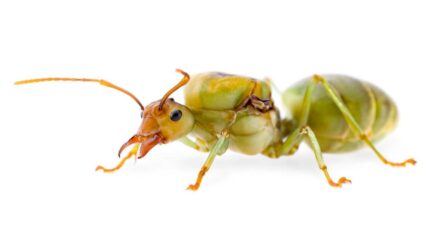
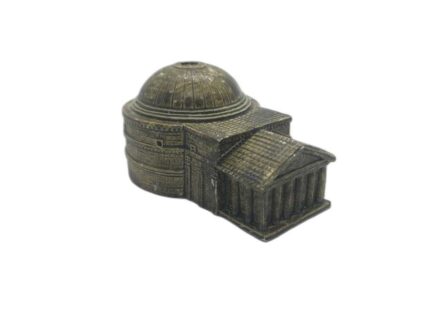
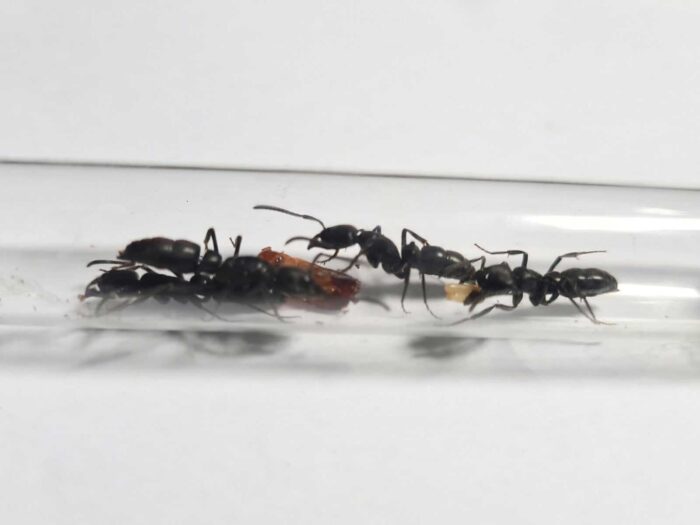
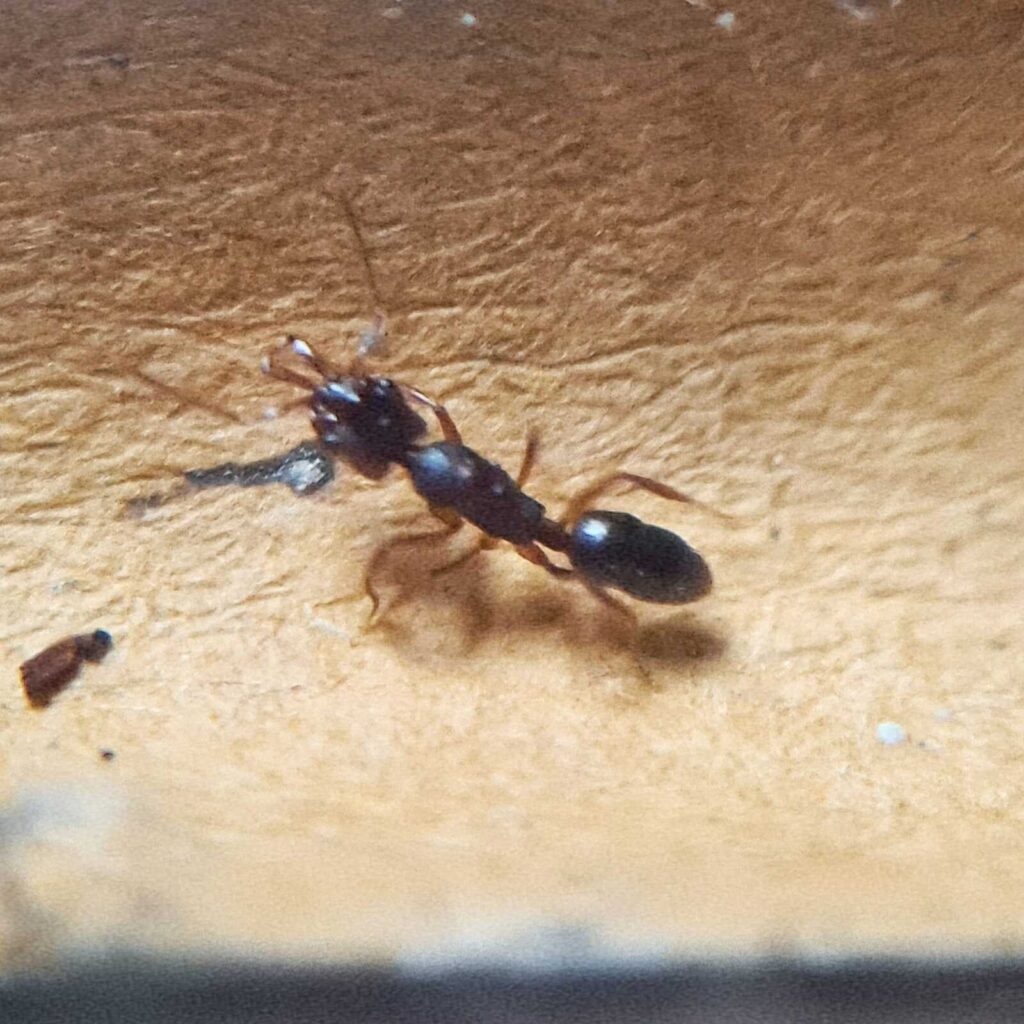
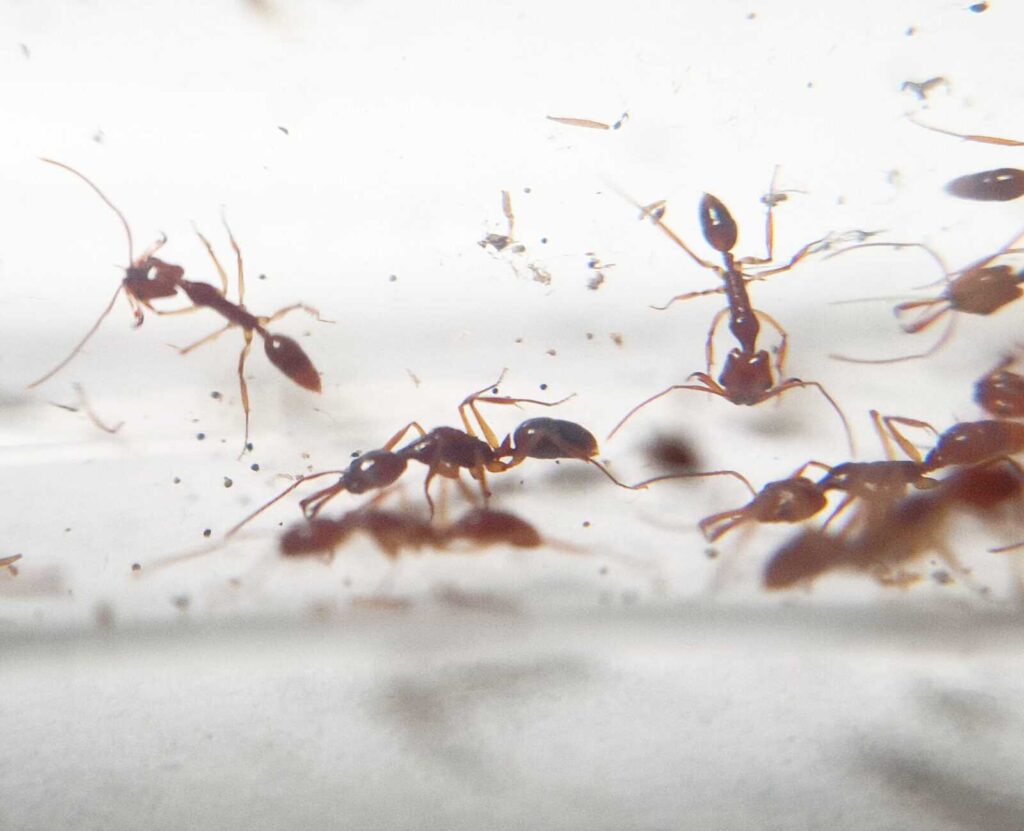
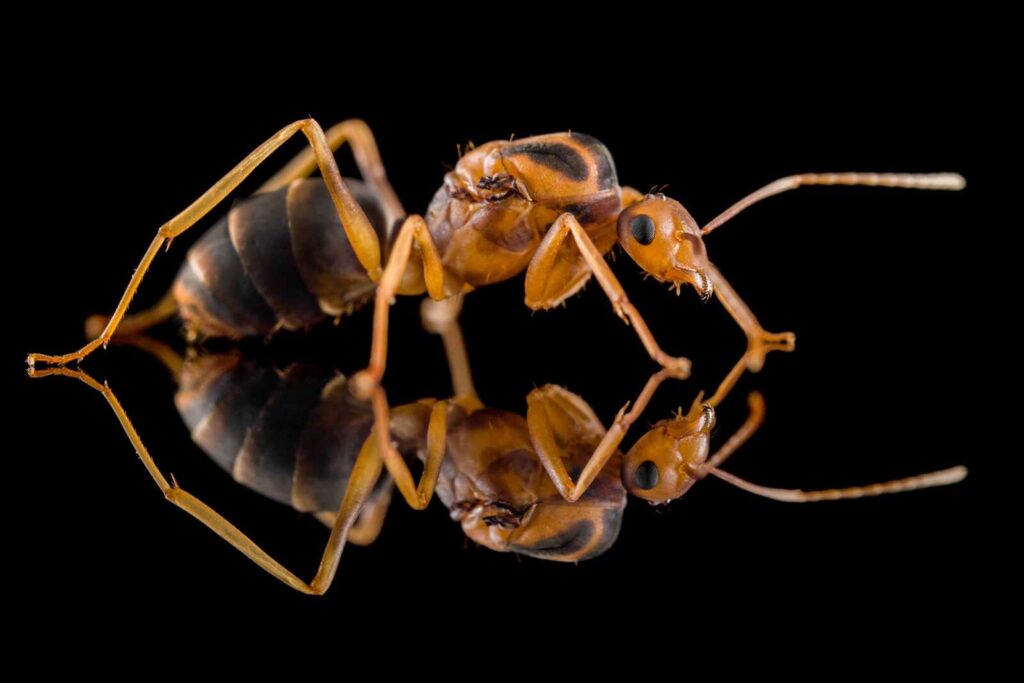
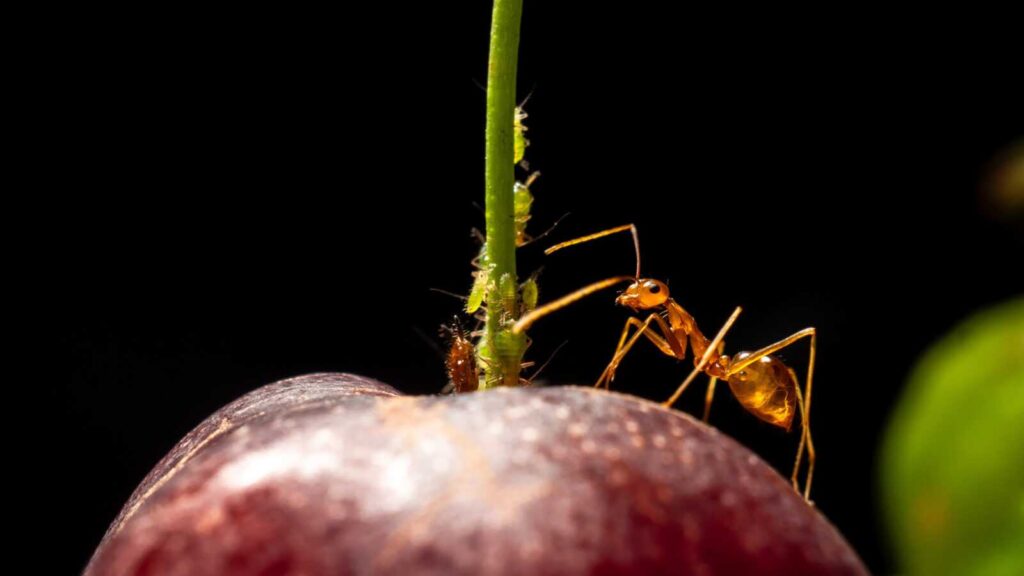
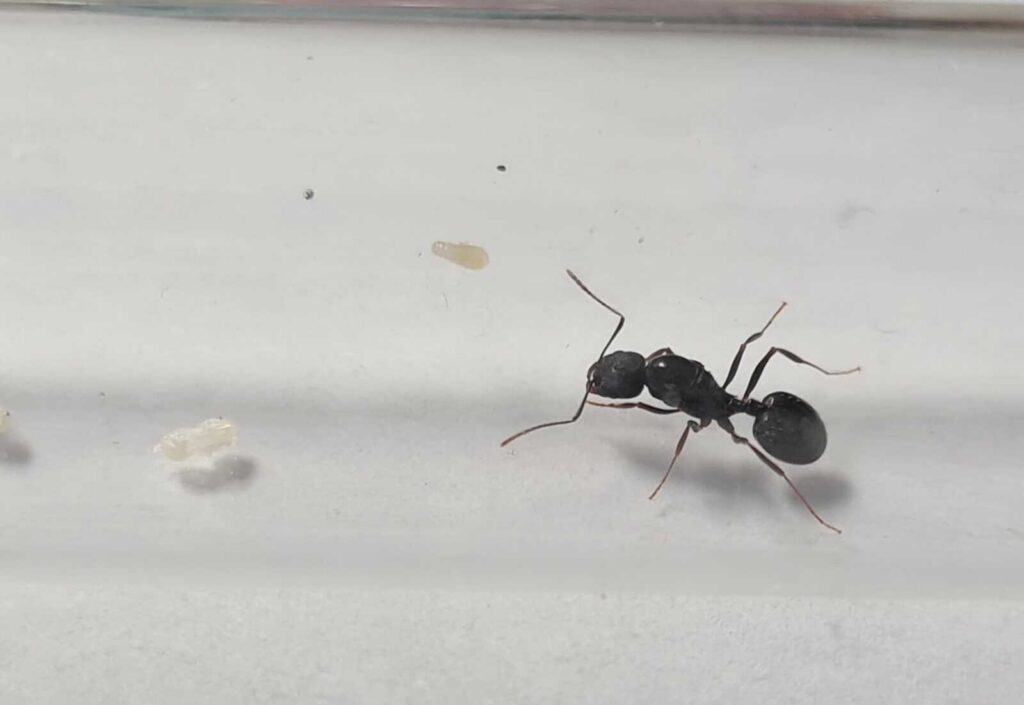
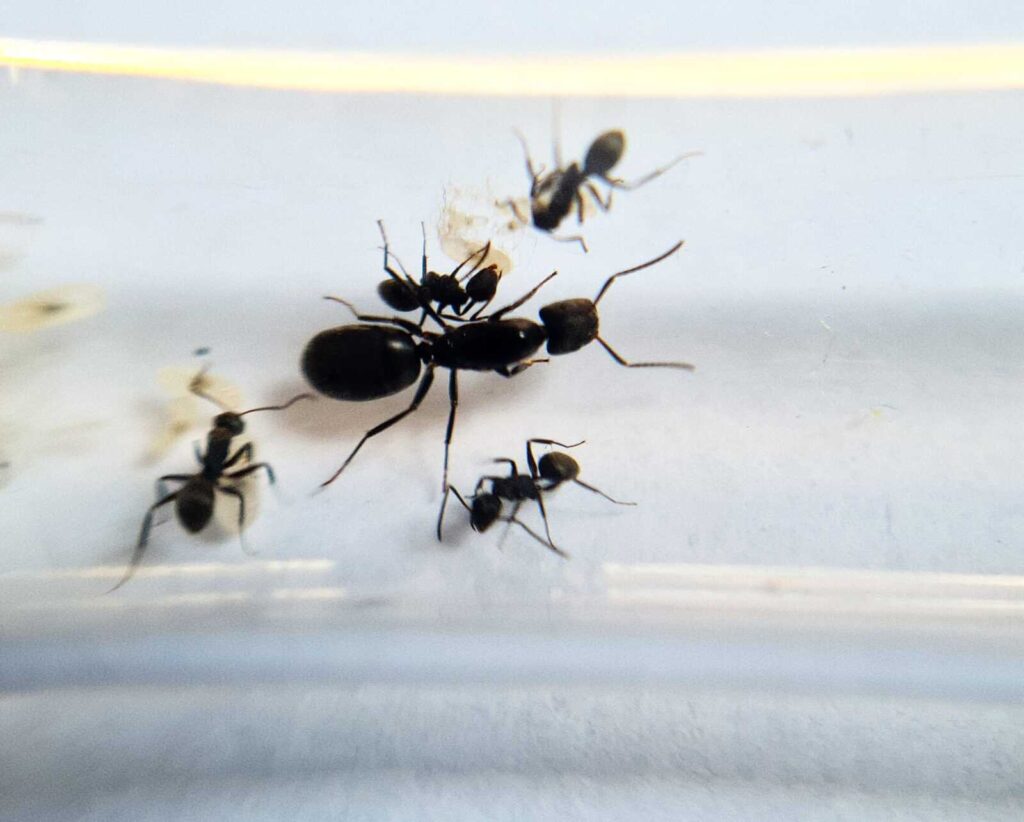
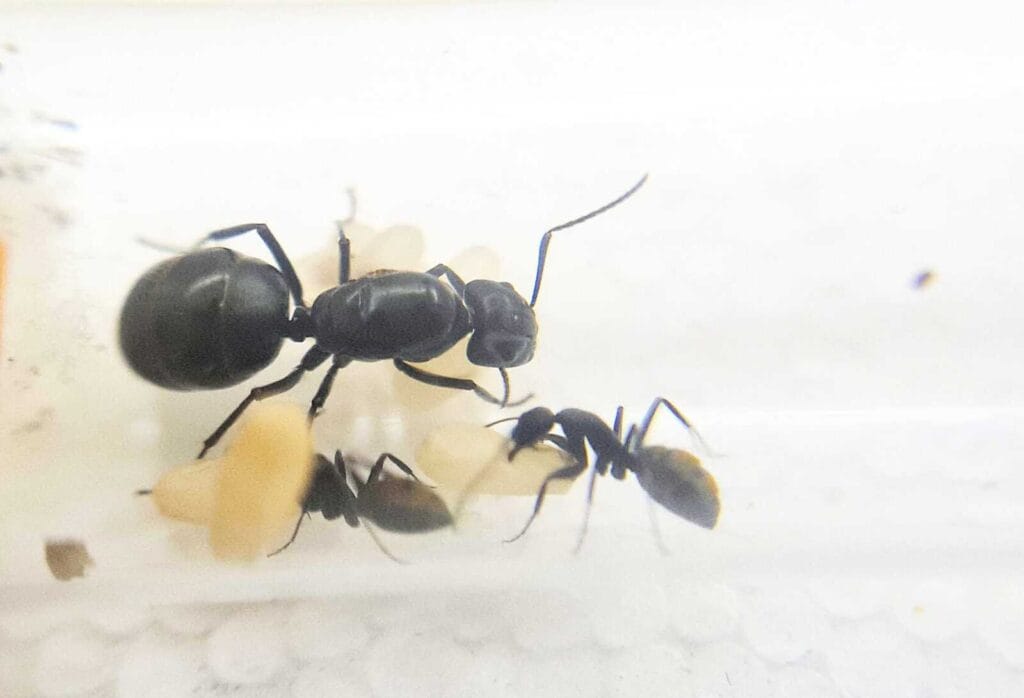
Reviews
Clear filtersThere are no reviews yet.